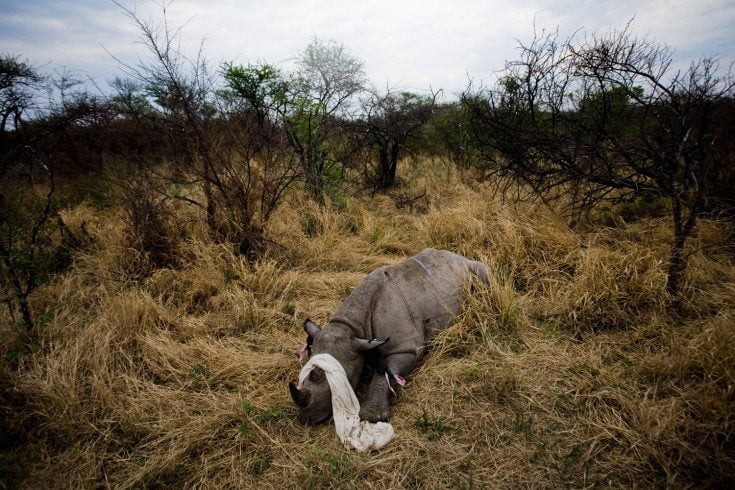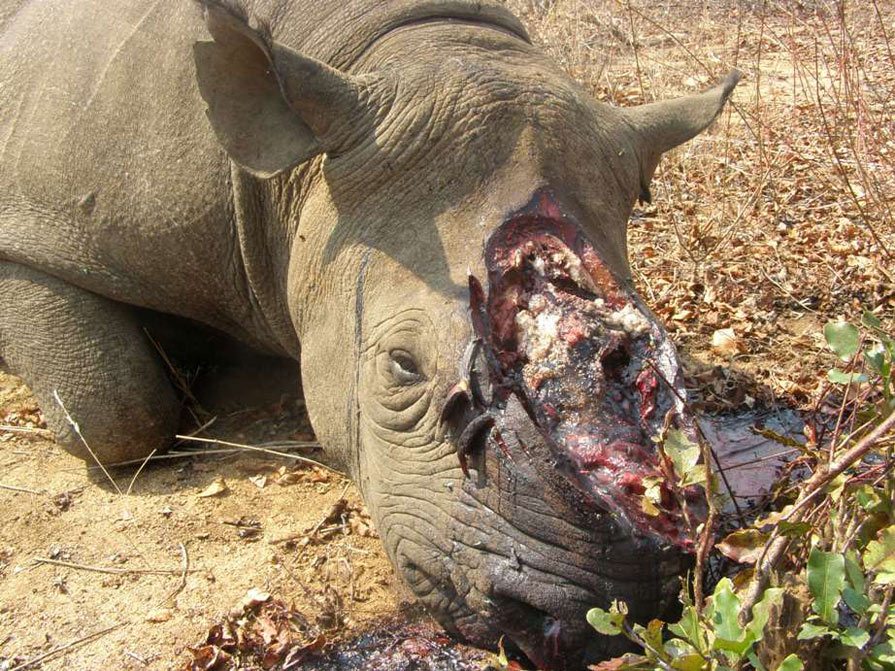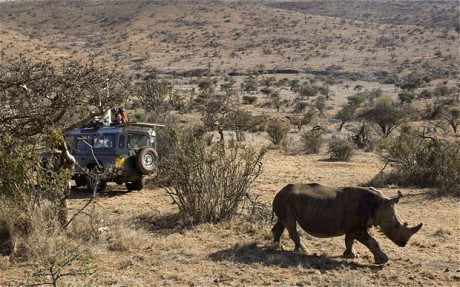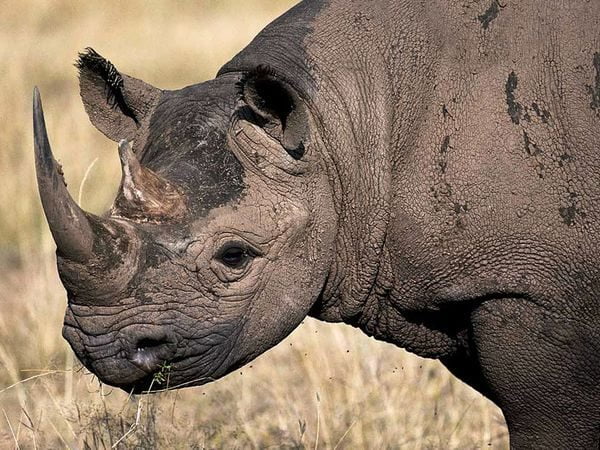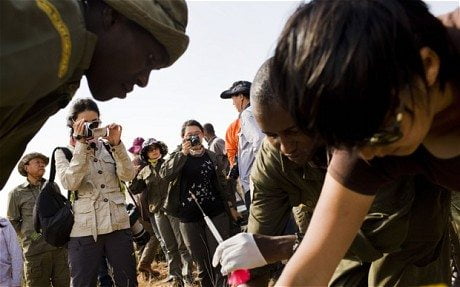
I read an interesting article in the UK Telegraph about a private safari in Kenya that The Nature Conservancy (TNC) organized for a group of Chinese billionaires – some of the wealthiest and most prominent names in China, many of them trustees of the TNC – to make them aware of the poaching problem in Africa which is itself exacerbated as a result of China’s large demand for rhino horn, and which in the past decade has grown to an extraordinary rate.
China has such a high demand for rhino horn because it is used in Chinese medicine and promoted as a ‘remedy’ for nearly everything, from fever to cancer. The fact however is that rhino horn is composed of keratin, the same material as a fingernail, and has no medical value whatsoever.
Astonishingly there appeared to be little awareness across the group regarding the rate of rhino killings in Africa and the poaching problem in general. One member of the group had not even heard of rhino horn as medicine for at least 25 years.
Jian Ma, a project manager at TNC China and organizer of the trip says that the best outcome is to get these trustees to see for themselves the beautiful nature of Africa and the great challenge they’re facing, and that some of these problems relate specifically to Chinese demands. After that, we can think about action’
People often describe their first experience of sub-Saharan Africa as intoxicating and inspirational. Perhaps this represents its animals’ best hope – that Chinese tourists will return home and spread the word about the evils of poaching and the fragility of these iconic species.
One of the guests tells that he and 16 of his friends are buying an area of forest land in Sichuan province in China and make it China’s first private wildlife conservancy. It will house one fifth of the world’s giant panda population and provide development opportunities for people living in an area devastated by earthquake in 2008. The Sichuan Nature Protection fund will be based on Lewa Wildlife Conservancy, ‘We will exactly follow what they have done at Lewa in Sichuan province. Train rangers and educate the local community, set up social enterprises selling organic mushrooms and forest honey.’
Lewa founder Ian Graig believes that this model could offer the first steps towards putting a stop to the slaughter.
Via: Telegraph


